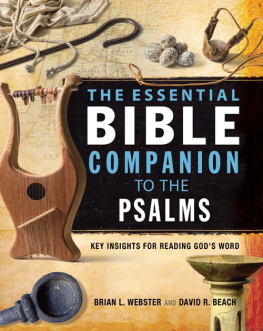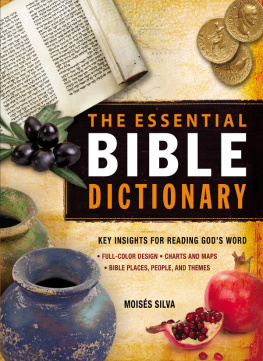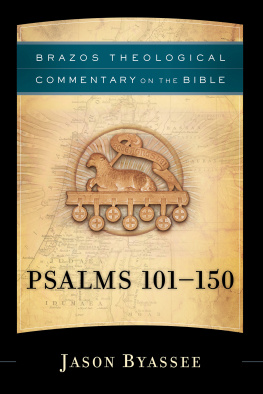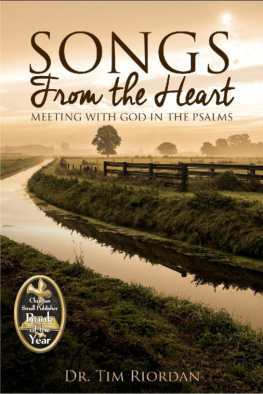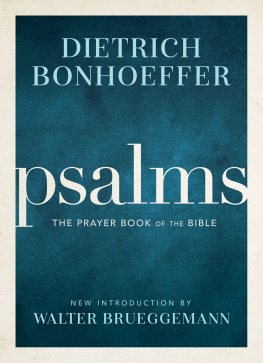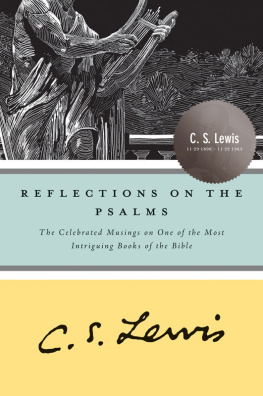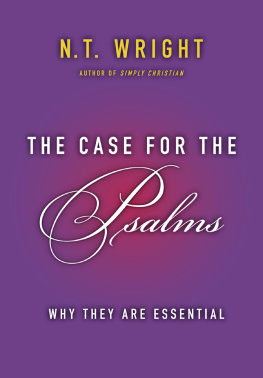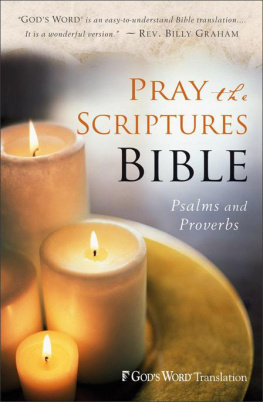Brian Webster - The Essential Bible Companion to the Psalms: Key Insights for Reading Gods Word
Here you can read online Brian Webster - The Essential Bible Companion to the Psalms: Key Insights for Reading Gods Word full text of the book (entire story) in english for free. Download pdf and epub, get meaning, cover and reviews about this ebook. year: 2010, publisher: Zondervan, genre: Religion. Description of the work, (preface) as well as reviews are available. Best literature library LitArk.com created for fans of good reading and offers a wide selection of genres:
Romance novel
Science fiction
Adventure
Detective
Science
History
Home and family
Prose
Art
Politics
Computer
Non-fiction
Religion
Business
Children
Humor
Choose a favorite category and find really read worthwhile books. Enjoy immersion in the world of imagination, feel the emotions of the characters or learn something new for yourself, make an fascinating discovery.
- Book:The Essential Bible Companion to the Psalms: Key Insights for Reading Gods Word
- Author:
- Publisher:Zondervan
- Genre:
- Year:2010
- Rating:4 / 5
- Favourites:Add to favourites
- Your mark:
The Essential Bible Companion to the Psalms: Key Insights for Reading Gods Word: summary, description and annotation
We offer to read an annotation, description, summary or preface (depends on what the author of the book "The Essential Bible Companion to the Psalms: Key Insights for Reading Gods Word" wrote himself). If you haven't found the necessary information about the book — write in the comments, we will try to find it.
Provides the essential information for grasping the meaning, background, context, and application of all 150 Psalms. The Essential Bible Companion to the Psalms is an essential reference tool for any reader of Scripture.
Unlike similar Bible book companions, this guidebook is designed to sharpen your appreciation of Scriptures longest book of poetry by giving you the most vital keys to context and comprehension, including:
Also contains numerous charts that provide orientating data for delving into the book of Psalms at large, including definitions of the various types (messianic, prophetic, etc.) along with a quick reference list of psalms that lend themselves to being used for worship, personal meditation, or as a basis for praying the Scriptures.
Ideal for use in devotions or personal Bible study, The Essential Bible Companion to the Psalms, will bring the message and world of the Psalms to memorable life.
Brian Webster: author's other books
Who wrote The Essential Bible Companion to the Psalms: Key Insights for Reading Gods Word? Find out the surname, the name of the author of the book and a list of all author's works by series.

